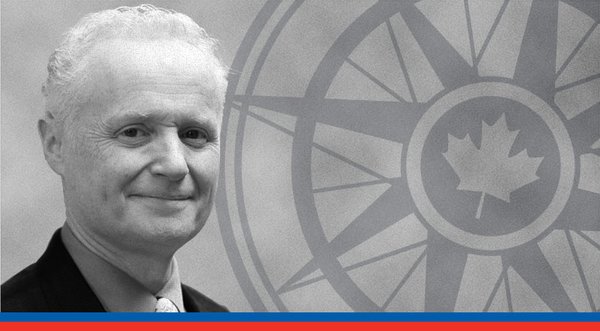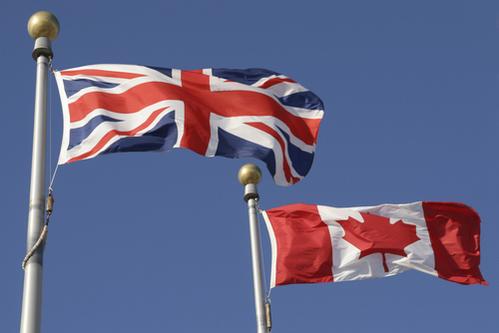Notable Islamic scholar Tahir ul-Qadri is now at the spear tip of a movement among Muslim intellectuals to rescue their religion from association with the murderous ideology and terrorist practice of Al-Qaeda and its fellow-travellers who claim a religious basis for their actions. In a 600 page fatwa issued in London a few days ago, this world-renowned and prolific interpreter of the Quran and Islam unreservedly attacked terrorism’s claims to be acting in the name of Islam and underlined that such terrorists were headed for “hellfire”. See video of Tahir ul-Qadri’s fatwa pronouncement here. His work is already being praised in the moderate Muslim world.
In the aftermath of 9-11, many Western leaders rushed to reassure their citizens that Islam was a religion of peace and that radicals who killed innocents in the name of Islam were perverting their religion’s intention. George Bush famously went to a mosque soon after the attacks on New York City and Washington as part of this effort.
Alas, the credibility of this effort to shield mainstream Islam in the West from unjustified guilt by association was dealt a devastating blow by the signal unwillingness of many opinion leaders in the West’s Muslim communities to condemn unreservedly, the attacks. Prevarication was instead the order of the day, giving comfort to those who feared the large domestic Muslim populations potentially represented a dangerous fifth column.
Much legitimate and commendable effort has been expended by Western opinion leaders, including in Canada, to reassure Muslims that they are welcome, and suggesting that Islam and violence are incompatible. But in the face of the tepid support given by opinion leaders in the Muslim community, many of these reassurances rang hollow.
Dr Qadri (who has strong connections to Canada) is not the first Muslim scholar to rush into this vacuum, but his pronouncement of a fatwa against terrorism is the clearest, most detailed, best researched and most unambiguous. His is a shot that has already been heard around the world. Only when more opinion leaders in the Muslim community, in the West, and throughout the world, lend their names to this condemnation of extremism and violence, will we make any serious progress in undermining the attraction of radical Islam for Muslims around the world, including here in Canada.
Democracy, it has famously been remarked, is not a suicide pact. We in Canada have been diffident about speaking out in condemnation of radical Islam’s rejection of our founding values (what could more effectively negate “Peace, Order and Good Government” than suicide bombers and conspirators plotting to behead the prime minister in parliament?) for fear of giving offence. But we cannot make the problem of radical Islam disappear by wishing that it didn’t exist, or by being embarrassed by the measures that we need to take to protect ourselves from its dangers. And as a tolerant and diverse democracy, we are entitled to expect that all those who hold positions of influence and importance in the Muslim community will join all other Canadians in condemning, as Dr Qadri has done, terrorism in the name of Islam. In a world where Al-Qaeda and others are committing outrages in the name of Islam, and where those outrages have already found echoes here at home, silence implies consent.
Quoting Daniel Pipes, Robert Fulford wrote several years ago, “‘radical Islam is the problem, moderate Islam is the solution.’ But what if moderate Islam remains silent or defensive while radical Islam runs a world-wide hate campaign?”
Will Canadian Islam embrace Tahir ul-Qadri’s message? A great deal depends on the answer.


